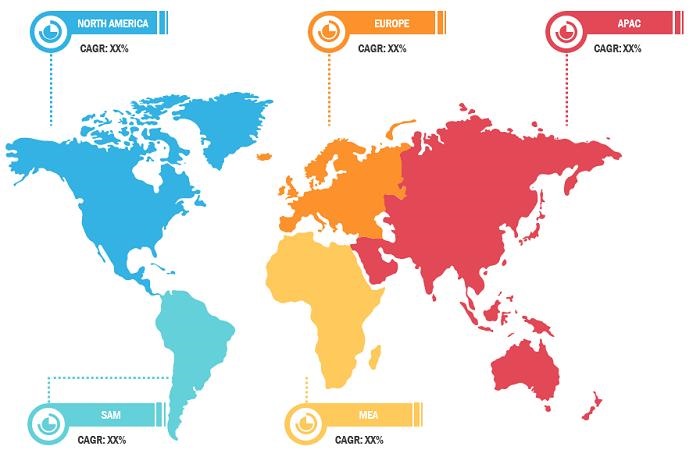Website development can seem like a daunting task, especially if you have no prior experience in coding or web design. However, with the right guidance and resources, anyone can learn how to develop a website. In this article, we will provide tips and tricks for beginners to get started with Website Development Course In Patna.
Choose a Platform
Before you start developing your website, you need to choose a platform. There are numerous website development platforms available, such as WordPress, Wix, and Squarespace. Each platform has its own advantages and disadvantages, so it is important to research and compare them before making a decision.
WordPress is a popular platform for website development due to its flexibility and customization options. Wix and Squarespace are known for their user-friendly interface and drag-and-drop functionality, making them ideal for beginners.
Learn the Basics of HTML and CSS
As a beginner, it is essential to learn the basics of HTML and CSS to create a functional and visually appealing website.
There are numerous resources available online to learn HTML and CSS, such as Codecademy and W3Schools. These resources offer interactive tutorials and exercises to help you learn the basics of web development.
Also Read: How to Start A Career as A WordPress Developer?
Choose a Template or Theme
Once you have chosen a platform and learned the basics of HTML and CSS, you can start designing your website. Most website development platforms offer pre-designed templates or themes that you can customize to fit your brand and content.
When choosing a template or theme, it is important to consider the functionality and design of the website. Make sure the template or theme is responsive, meaning it can be viewed on different devices, such as smartphones and tablets. Additionally, choose a design that reflects your brand and content.
Customize Your Website
After choosing a template or theme, you can start customizing your website. This includes adding your own content, such as text, images, and videos. It is important to create content that is engaging and informative for your audience.
Additionally, you can customize the design of your website by changing the colors, fonts, and layout. This is where your knowledge of HTML and CSS comes in handy. By editing the code, you can create a unique and visually appealing website.
Optimize Your Website for SEO
This is important for driving traffic to your website and increasing visibility for your brand or content.
To optimize your website for SEO, you need to focus on several key factors, such as keyword research, meta tags, and content optimization. Keyword research involves finding the keywords and phrases that your audience is searching for and incorporating them into your content. Content optimization involves creating high-quality and informative content that is relevant to your audience.
Test Your Website
Before launching your website, it is important to test it to ensure it is functioning properly. This includes checking for broken links, testing the website on different devices and browsers, and testing the website’s loading speed.
Also Read: Most important on-page element for SEO to boost rankings
There are numerous tools available to help you test your website, such as Google’s PageSpeed Insights and GTmetrix. These tools provide insights and recommendations for improving the performance and speed of your website.
Conclusion
website development can seem like a daunting task for beginners. However, by choosing the right platform, learning the basics of HTML and CSS, customizing your website, optimizing for SEO, and testing your website, you can create a functional and visually appealing website. Remember to focus on the user experience and create content that is engaging and informative for your audience.




